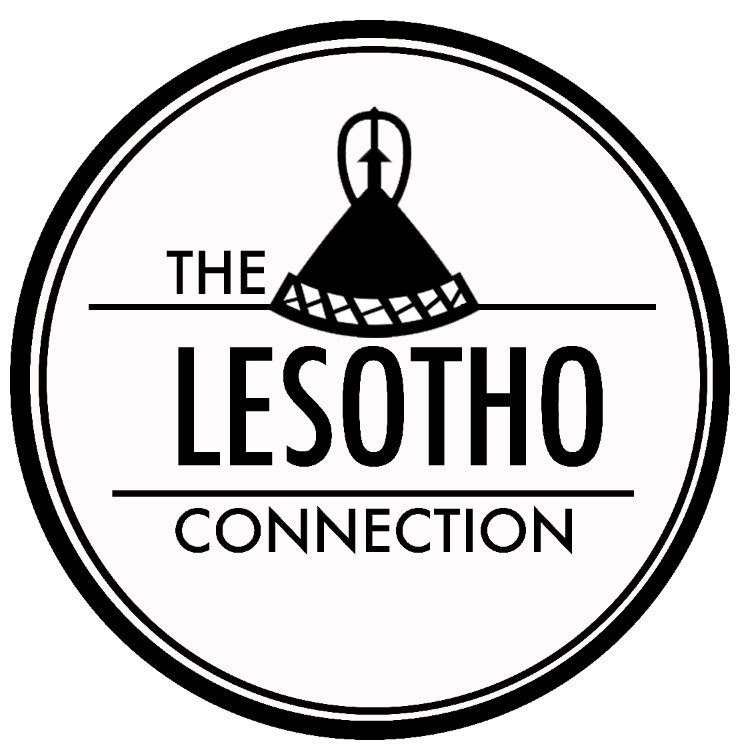Lesotho (li-soo-too) is a small, mountainous country covering 12,727 square miles. It is the only independent nation in the world that lies entirely above 1,000 meters (3,281 feet) in elevation; its lowest point is about 1,400 meters (4,593 feet) above sea level. Lesotho is completely landlocked within South Africa and is often referred to as the “Kingdom in the Sky.”
The major ethnic group in Lesotho is the Basotho, who make up approximately 99% of the country’s population of about 2.2 million. Lesotho is one of only three remaining constitutional monarchies in Africa.
One of the most significant public health challenges in Lesotho is HIV/AIDS. The country has one of the highest prevalence rates in the world, at approximately 21.1% of adults (ages 15–49), according to UNAIDS (2023). HIV disproportionately affects women, particularly those under 40. The average life expectancy is around 54 years, although this has improved in recent years due to better access to antiretroviral therapy.
About 30–40% of Lesotho’s population lives below the international poverty line of $2.15 per day (World Bank revised standard, 2022).
Lesotho’s climate is characterized by cool to cold winters and warm, wet summers. Thunderstorms are common in summer (November to March), and average summer temperatures can reach the mid-80s°F (around 30°C). In winter (May to August), temperatures often fall near or below freezing, especially in the highlands.
Traditional Basotho attire prominently features the Basotho blanket, a thick, patterned woolen blanket worn by men, women, and children year-round. It is not only a cultural symbol but also practical attire for the country’s cool climate.
Lesotho gained independence from Britain in 1966, following a history that began with the unification of various clans under King Moshoeshoe I in 1822. Much of Lesotho’s colonial-era tension was influenced by regional conflicts between the British and Dutch in southern Africa.
Lesotho’s economy is closely tied to that of South Africa. Key sectors include agriculture, livestock, textile manufacturing, mining (notably diamonds), and remittances from Basotho working in South Africa. While agriculture accounts for a large portion of livelihoods, it contributes less than a third to national GDP.

